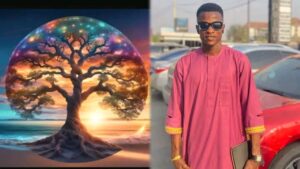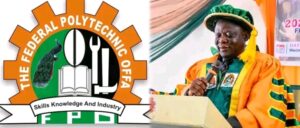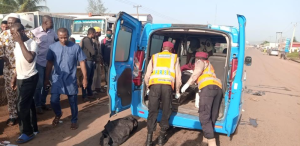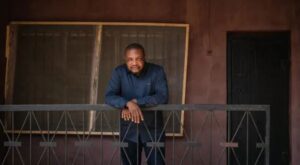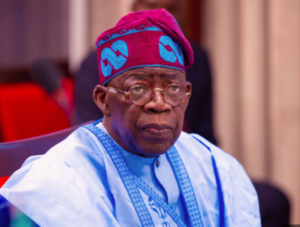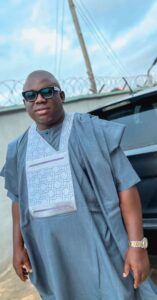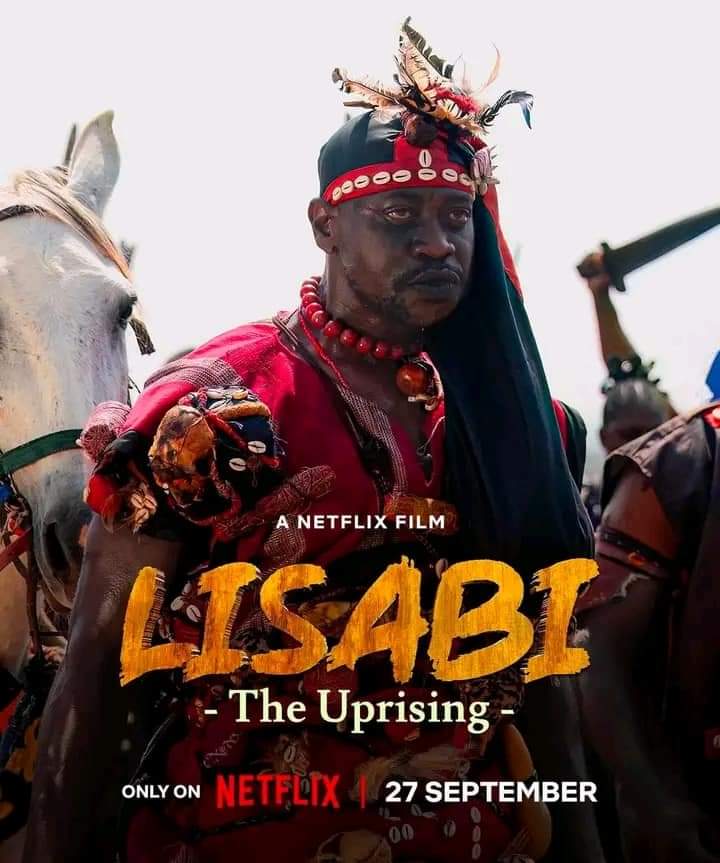
A brother and historian is conducting extensive research into the story of Moremi Ajansoro (a historical figure whose story cuts across Iran Ọlọfa, Iran Olufẹ, Ugbo of Ilaje Ese Odo in present-day Ondo State, Ẹ̀fọ̀n Alààyè, and a few other Yorùbá ancestries). During one of our talks, he specifically told me that a large amount of ancient history has been lost and can never be found in any history books.
He explained that this is where psychic mediums come to the fore. He clarified that if he is ever found in a spiritualist’s house, it is to dig into ancient history and not because he wants to check his own fortune. Ọsanyin, Ifa, Ọpẹlẹ, Omi, and other mediums, including the more recent Iyẹpẹ and Rosary, play significant roles in his research.
Another angle is the unscientific claim that digging into ancient history may take one on a few metaphysical journeys. Do you ever imagine what it feels like to be teleported to the war grounds of the Owu War (1821–1826), Kiriji War (1877–1893), Ibadan-Ijaiye War (1860–1865), Dahomey-Ife War (circa 18th century), Dahomey-Egba Wars (circa 19th century), Offa-Ibolo War (circa 18th century), Ogedengbe War (1870s–1890s), Old Oyo Wars (circa 18th–19th century), Ekitiparapo-Ijesha Wars (circa 19th century), Osogbo War (1840), and other wars? What would you do?
I discussed this with friends a few days ago in Ilorin. The Akọmọnifa Oju Ala will teleport you and make you witness these events. You may be made to see Afonja, Odùduwà, Lisabi, Ogedengbe, and many other historical figures in flesh and blood, enabling you to question them about why they made certain decisions that you or others consider wrong. Alternatively, you might gain an understanding of events that can never be found in any history books. This is part of astral projection, also known as an out-of-body experience (OBE).
This is my perception as I watch a series of epic Yorùbá Nollywood movies, the latest being Sequence of Lisabi, a theatrical rendering of the life and fight for freedom of Lisabi, known as the Father of Ẹ̀gbá.
Of course, I do not agree with many aspects projected in the movie. For instance, the soundtrack says, “Ẹ̀gbá Omo Olowu” (Ẹ̀gbá are Descendants of Olowu), the Okanbi story, the death of Lisabi’s mother, and how Lisabi was brought up by genies and forest spirits. “Who were her assailants? Why was she being pursued? The continuity crew should be queried as well. Why was Baby Lisabi completely dry when brought out of the river? Why was Bimbo Akintola wearing acrylic nails in the 1700s?” as my Ọga Olaitan Adesina queried. And why was Baby Lisabi wearing diapers?
I am also dissatisfied with the fact that more than 95% of the actors cannot speak the Ẹ̀gbá dialect. I am an Ọ̀yọ́ man, and if I am watching an Ẹ̀gbá movie, I want to hear the Ẹ̀gbá dialect, not the Ọ̀yọ́, Lagos, or Ìbàdàn dialects. This is why I am more drawn to Funmilayo Ransome-Kuti and Ayinla The Movie. These two movies were not star-studded, but they delivered the Ẹ̀gbá dialect I wanted to hear. Lisabi’s father—played by Adebayo Salami—spoke with an accent closer to Igbonna than Ẹ̀gbá. The only Ẹ̀gbá word he said in his single scene was “Baawa.” This was no surprise. Adebayo Salami, who also played Sir Ladapo Ademola II, The Alake of Egbaland, in Funmilayo Ransome-Kuti, was deliberately made to speak very few words because of his inability to speak Ẹ̀gbá.
In the same vein, I heard “Baawa” like a million times, and Lisabi’s wife (Mo Adedimeji) kept saying “Dede” as though that would magically translate everything she said into Ẹ̀gbá. I even wonder why she had to act in this particular movie at all. Her death was so unpleasant, unnecessary, and unheroic. It made me check if Lisabi’s wife truly died during his struggle to free the Ẹ̀gbá people or if it was just another addition by Lateef Adedimeji. Or was it an attempt to make Mo Adedimeji the stellar actress she is yet to be?
Adesina asked again: “Whoever thought it was a good idea to cast Abija, Olumide Oworu, and Kelvin Ikeduba as Ẹ̀gbá men needs to rethink their choices. It was funny but not funny at all. I’m sure the same person thought using a vocoder/autotune on Deyemi Okanlawon’s voice would mask his Lekki accent. That was hilarious.”
I think Lateef Adedimeji and the crew focused more on delivering cinematography, acrobatics, and special effects than on storytelling and character development. The movie failed to give us the thrill and reveal the untold story of Lisabi as anticipated. Why did they need all those arrows spinning fire? The man on horseback understandably wanted to receive the lady warrior who jumped on him with daggers rather than reciprocate the incoming attack—a natural thing to do in such a situation.
Lateef Adedimeji and other major characters who are his friends played their parts well, and the cinematography, acrobatics, and special effects were commendable. However, that is not the purpose of the story. It is history and must be rendered as such.
Taofik Adekunle Jimoh (JAAT) is the Editor of News Bulletin Nigeria. He writes from Offa, Kwara State. He can be reached via 08144510532 and [email protected].


